No one wants to be ready to file a return right before April 15 only to realize they’re missing a vital financial document. Nor does anyone want to pass away, only to send their heirs in a scramble because no one can find the will and other estate planning papers.
But that doesn’t mean you should hold on to every financial document you’re given.
There’s a massive difference between a tidy drawer of vital records and a pile of boxes stuffed with coffee receipts and credit card offers. It’s not just the room they take up—it’s their utility, and in some cases, their potential to harm you should someone else grab those documents.
Read on as I discuss which financial documents you should keep, and which ones should go straight into your paper shredder.
Featured Financial Products
Which Types of Financial Records Should I Keep?
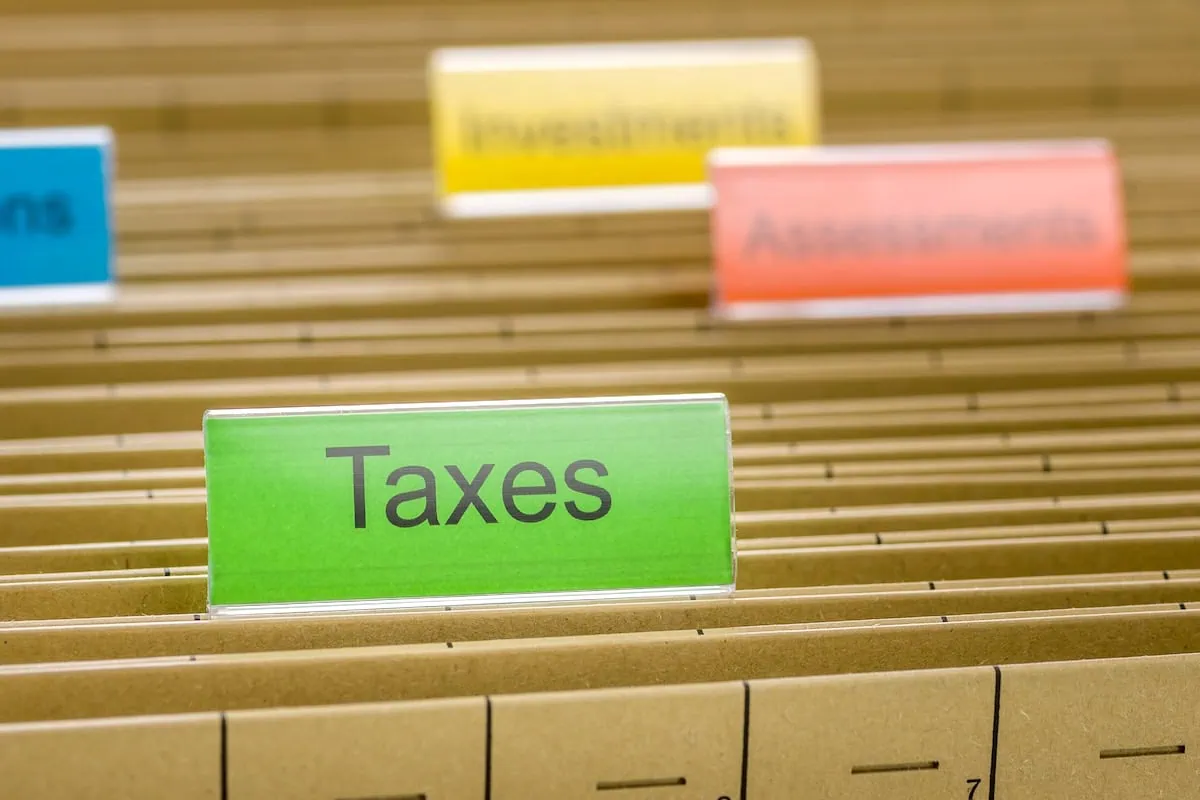
First up, let’s look at which financial documents you should hang on to. Were you to get rid of any of these before at least a few years had passed, you could find yourself in a sticky situation.
Importantly, this is a list for individuals—specifically, W-2 employees. If you own a business or are a 1099 worker, there’s additional documentation you might need to save.
Lastly, while you should save these documents for years, sometimes even decades, when it does come time to get rid of them … they should go right in the shredder, too. Don’t just throw them out.
1. Tax Returns
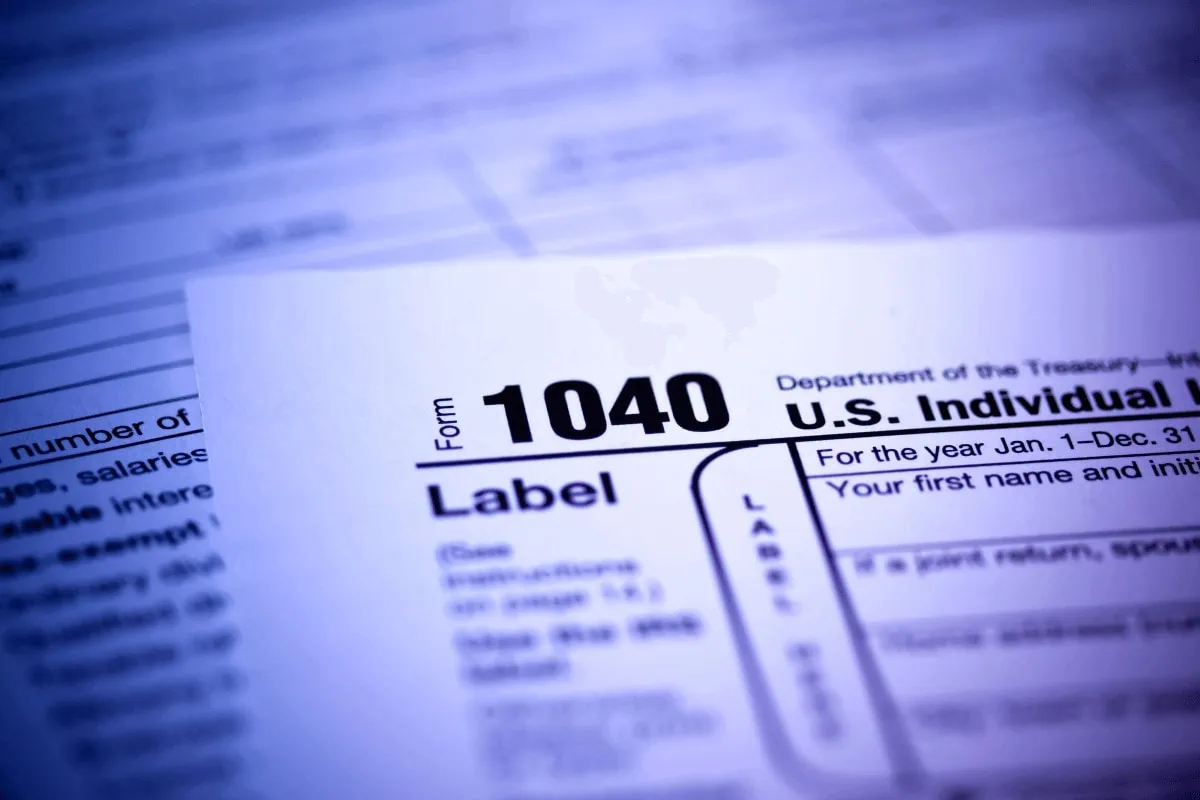
Keep your federal and state tax returns.
The statute of limitations for assessment of tax you owe is typically three years from the date you filed the return; returns filed early are usually treated as filed on the due date. So just in case you’re audited, you’ll want to keep your returns for a minimum of three years, to be safe. (State-level guidance will vary, so you’ll want to look up your state’s statute of limitations.)
However, that statute of limitations is extended to six years from the filing date if you don’t report income that you should have reported, and …
- It’s more than 25% of the gross income listed on your return; or
- It’s attributable to foreign financial assets and is more than $5,000.
If you think either is applicable, you’ll want to keep those tax returns for at least six years.
There are a couple other timelines to be aware of. For one, the period of limitations for refund claims is seven years from when the return was due if you file a claim for “an overpayment resulting from a bad debt deduction or a loss from worthwhile securities.” And if you’ve paid taxes to a foreign government, you might be entitled to a credit or deduction on your U.S. federal tax return. Because you have up to 10 years to claim the Foreign Tax Credit, you’ll want to keep your documents for at least that long.
Lastly, there’s no period of limitations for tax assessments if you file a fraudulent return or don’t file a return at all, so if you have any pertinent documents, you’ll want to keep them indefinitely. (But the best advice I can give you here is to file yearly, and do so truthfully.)
2. Current Life Insurance Policies

Whenever a person passes away, their family is responsible for taking care of numerous tasks while trying to grieve. To save your family time and headaches, you’ll want to keep documents for any of your active life insurance policies. Having these documents handy makes it easier for your beneficiaries to submit a claim.
In fact, not only do you want to keep these documents, but you’ll also want to have copies in at least two places in case one gets lost or destroyed. For instance, you might keep one copy at home with other financial records and keep another in a safe deposit box, with a financial advisor, or in the care of a trusted loved one.
These records should be kept indefinitely.
Related: What to Do Before Your Spouse Passes Away
3. Trust + Estate Documents

Similarly, it’s crucial to keep trust and estate documents, such as your last will and testament, beneficiary designations, and proof-of-identity documents.
Like with your life insurance policy, these documents are so essential that you should keep extra copies, with the originals kept in either a safe deposit box or in a fireproof safe. Backup copies should be kept with an executor or adult relative you trust.
These documents should also be kept indefinitely.
Related: Dynasty Trusts: A Beginner’s Guide to Passing Down Wealth
4. Certain Mortgage Documents

In numerous situations, keeping mortgage documents can save you from a major headache.
For example, if your lender forgot to file a satisfaction of mortgage with the local recording office after you paid off your loan, it could prevent a dispute if you later sell your home. In the unfortunate circumstance of a foreclosure or a challenge to the title, mortgage documents can show your ownership. If you sell your home, you’ll also want these forms to calculate your capital gains tax liability.
Some of the mortgage forms you likely want to hold on to include:
- Purchase agreement
- Deed
- Closing documents
- Seller’s disclosures
- Home inspection report
- Property survey
- Home warranty
You’ll also want to have both physical and digital copies of these documents. And you should hold on to them for at least seven years after you sell or otherwise exit the mortgage, largely for tax purposes.
Related: Should Retirees Move? 10 Considerations
5. Pension Plan Documents

While it’s becoming rarer, some jobs still offer pensions. If you’ve scored one of these careers, it’s important to keep documents related to your pension.
Some of the documents you likely want to keep include the official plan documents, benefit statements, and any notices from the plan. Having a copy of these records is useful if there are errors in the plan’s records or if they are lost. These documents are also useful to your beneficiaries if you pass away.
These documents should be held indefinitely.
Related: 8 Best Wealth + Net Worth Tracker Apps [View All Your Assets]
Featured Financial Products
Which Types of Financial Records Should I Shred?

You may be asking yourself, “Why not just keep all financial documents?” Better safe than sorry, right?
Not necessarily. In fact, it might not be safe at all.
If others get hold of your financial information, you could become a victim of financial fraud. So a general rule of thumb is to only keep the financial documents you only need and shred the rest.
Plus, keeping every piece of financially sensitive information can make it more challenging to find the documents you actually need. Not to mention, having all of that paper piling up can become overwhelming; there’s a certain peace to becoming more financially minimalistic. And in some cases, these documents can be reprinted again from an online portal, eliminating the need to keep physical copies around when you don’t need them.
With all of that said, here are the types of financial documents you should shred sooner rather than later.
1. Credit Card Statements
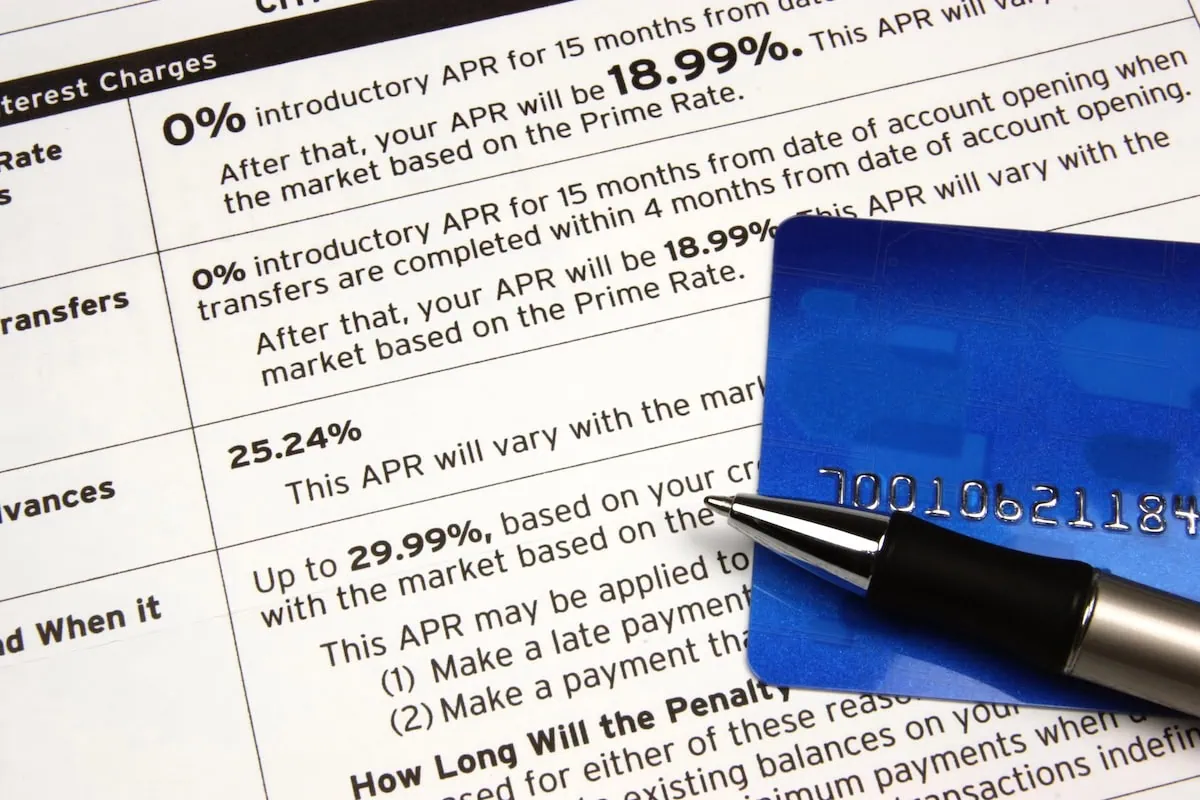
Credit card statements include a lot of personal information, such as your address and account number.
But they also include your transaction details, and while that might not seem like an issue, scammers can use those details to get a sense of your purchasing habits.
You should keep credit card statements for no longer than 60 days. The only exception to this rule is if you’ll need to include a credit card statement in your tax return for any reason.
Also note that many banks’ credit card portals include the ability to print prior statements if you need physical versions of those documents.
Related: Is It Better to Pay With Cash or a Credit Card? The Answer: It Depends
2. Credit Card Offers

You, like many of us, are probably inundated with credit card offers through the mail.
Well, unless you plan to accept one of those offers, you can shred them right away. If you don’t, someone could try to commit fraud by applying for a credit card in your name.
You’re typically not responsible for debt accumulated on an account that was fraudulently opened in your name. However, that act of identity theft could negatively impact your credit score, and it can be a hassle to contact credit agencies to get everything sorted out.
And you generally don’t even need those mailers to apply for a card—you can do so online.
Related: Does Your Credit Score Matter in Retirement?
3. Expired Insurance Policies

It’s wise to keep active health, homeowners, vehicle, and other insurance policy documents. However, after policies have expired and all claims have been paid, those papers can slide into the shredder.
Insurance documents are chock full of personal and financial information that scammers would love to get their hands on. Additionally, all of those health, home, and car documents can add up to a lot of unnecessary paper clutter.
Related: Elderly Scams: Beware These 15 Schemes Targeting Seniors
4. Utility Statements
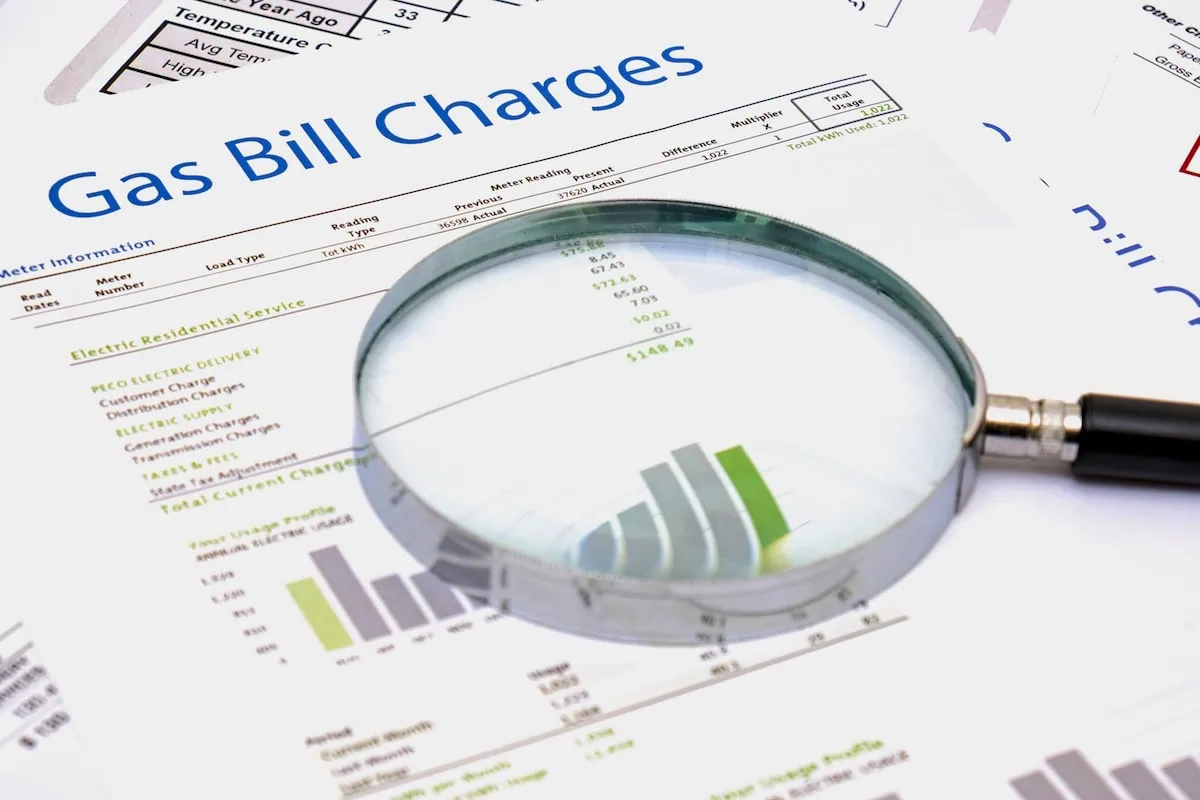
Utility statements often show some of your personal information, as well as details about your payment method.
There are few reasons you would need utility statements from a long time ago, so it’s typically best to shred these so scammers don’t glean information from them. You’ll always want to check your most recent statement against your monthly bank statement first—after that, you can shred it right away. (But like with credit card statements, you should keep utility statements for longer if you’ll need them for tax filing purposes.)
Related: 50+ Best Money-Making Apps That Pay You Real Money
5. ATM Receipts
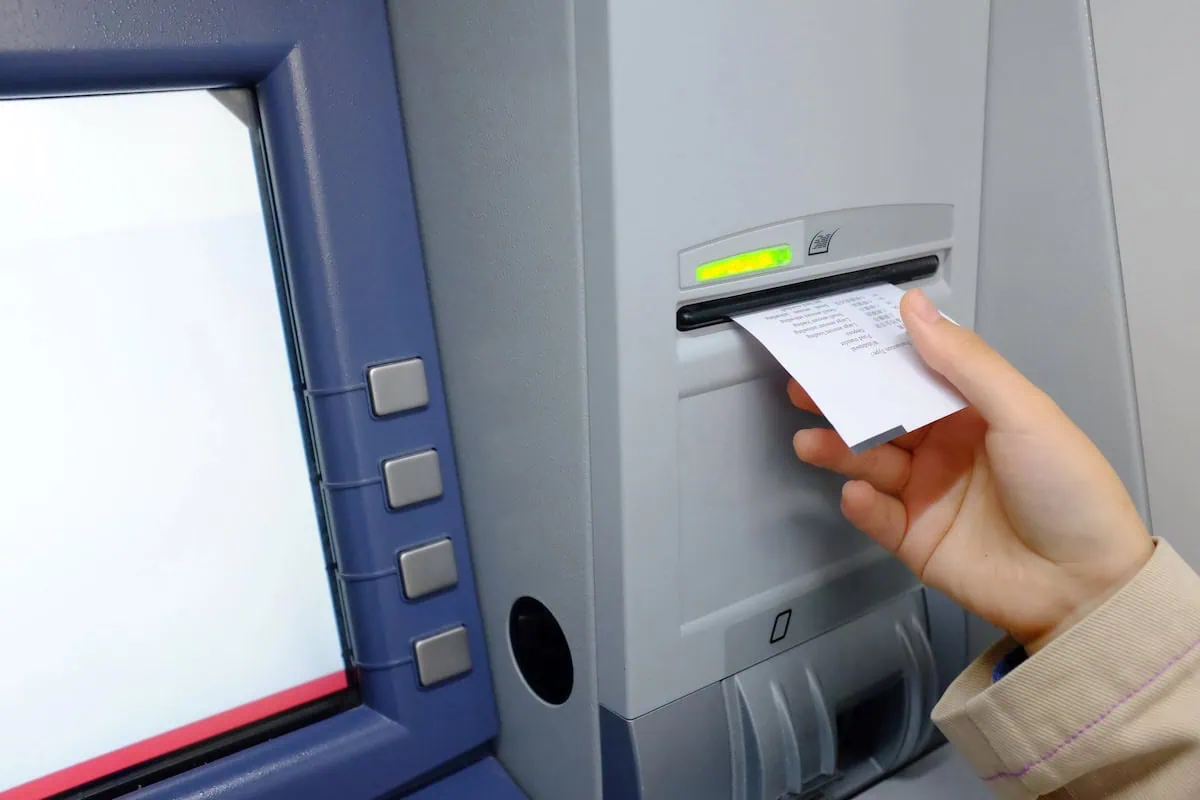
After you withdraw money from an ATM, your receipt usually shows the type of transaction, the amount withdrawn, and your current account balance. A high withdrawal amount could make you a target for thieves.
Assuming the ATM gave you the proper amount of money and the transaction matches your bank statement, you don’t need to hold on to those slips of paper. That means, at most, you should keep these for a few weeks—and that’s if you have to wait for a paper bank statement to arrive.
Related: How Much Money Do You Need to Work With a Financial Advisor?








